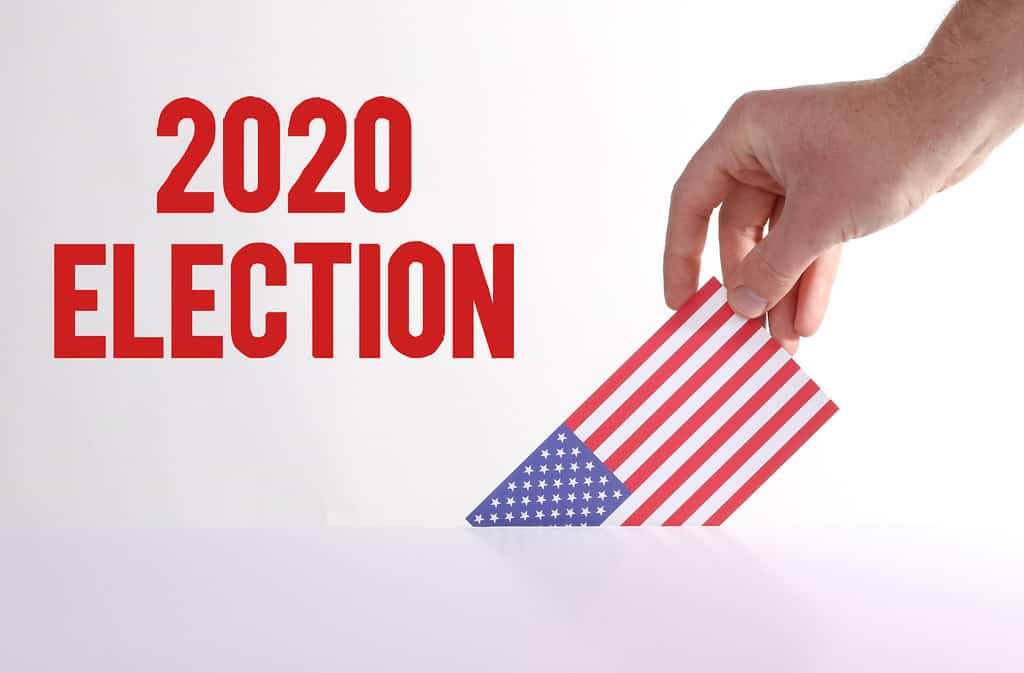
When this American election cycle first started out, I wasn’t particularly interested — the last four years had led me to believe that there wasn’t much hope for the country.
However, after a closely contested race between the Democrats and Republicans, circumstances and a successful strategy led to a Democrat win and changed my reluctant perspective on the issue.
After what seems like an eternity, the world collectively let out a sigh of relief when the news declared Joe Biden the 46th president of the United States.
This election happened during times that are vastly different from four years ago, and the most pressing issues that swayed this year’s votes prove just that.
The pandemic has played a pivotal role in the outcome of the election. The U.S. has now reached more than 9.8 million confirmed cases and more than 236,000 deaths. Although the White House formed a Coronavirus task force at the beginning of the year, the months since have shown a bumpy relationship between warnings from worried health officials and Donald Trump’s contradicting, blatant and unverified claims.
Trump’s massive failure to address such a critical problem has led to much distrust, and rightly so. I believe this is a major reason why so many Americans voted for Biden, who intends to address the pandemic as an urgent priority in 2021. It makes sense — if you have lost loved ones and community members to a pandemic that has been unbelievably overlooked by authorities, there is a very strong chance you won’t elect the same leader again.
Trump’s handling of America’s turbulent race relations has also been a key factor in the results. An NPR/PBS NewsHour/Marist poll showed most Americans agree that racial tensions in the country have worsened under Trump’s reign. Moreover, Biden’s victory comes with overwhelming support from the Black community — 87 per cent of Black voters supported the Democrats and only 12 per cent voted for the Republicans.
Although Biden’s record on the topic of race is also problematic, he has stated his intention to address America’s systemic racism problem, including issues such as policing and racial justice. Importantly, the election of Kamala Harris, the first Black and South Asian person to become vice president, gives citizens hope that the years ahead won’t be as grim.
A wealth of other issues including health care, economy and trade, taxes, foreign policy and more highlight the stark differences between Biden and Trump’s campaigns.
Trump’s reluctance to address certain health care problems is highly reflective of his pandemic response while Biden campaigned on addressing things like supporting existing health care programs and allowing undocumented immigrants to purchase insurance through public programs.
On the economic front, Trump’s plan to revitalize the post-pandemic economy has been criticized by Biden for only helping those on top. On the other hand, Biden has stressed the need to rebuild the American middle class.
On foreign policy, while Trump has mostly created rifts in America’s relationship with other countries, Biden’s platform emphasizes the need to improve these connections. There are a number of international relations to consider, ranging from the country’s role in NATO to the rising tensions with North Korea.
Biden’s achievements over the next four years will be decided by his ability to address the deep divisions that arised or worsened during Trump’s presidency. Now, we have to wait to see the actual results of Biden’s presidency, and whether or not he lives up to his promises “to unite, to heal, to come together as a nation.”
Although this election took place in America, it affects us all in one way or another.
I, for one, am allowing myself the slightest bit of hope that the country that became so dangerously divisive over the last four years can be brought together by hope and common values, rather than be united by hatred and fear.
—
Fiza Baloch | Staff Writer
Photo: Creative Commons | wuestenigel
Leave a Reply